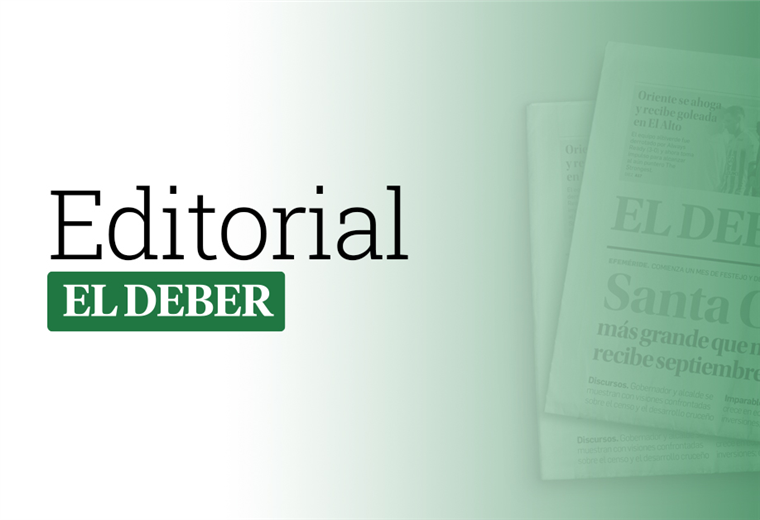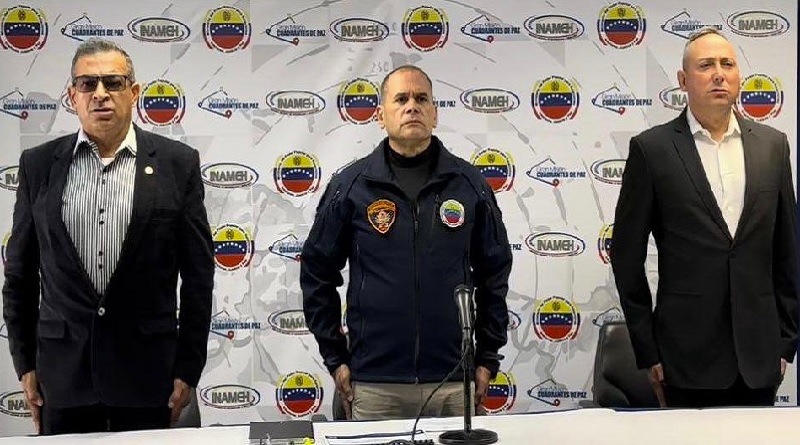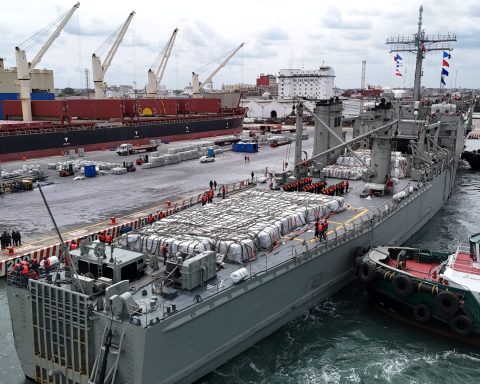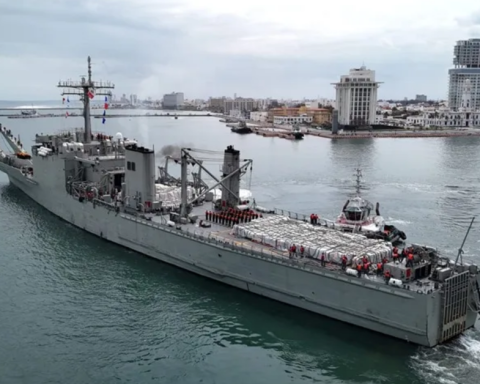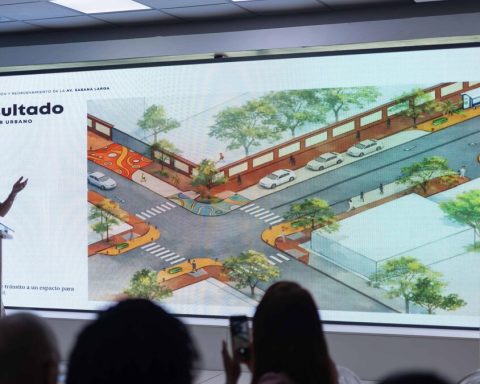July 3, 2023, 4:17 AM
July 3, 2023, 4:17 AM
Bolivia is in the first stage of a currency crisis, in which the fall in net international reserves and the consequent shortage of dollars have caused a parallel market to appear where the US currency is quoted at a relatively manageable 10% above the official exchange rate. A second stage, however, could take place if that exchange rate gap widens significantly and imports of inputs and capital goods that companies need to operate become even more expensive. Should this situation come to pass, the crisis becomes more delicate. This is maintained by some international analysts whose countries have suffered the consequences of having a parallel dollar that at the time has been quoted at more than 100% of the official one.
“That the solution, whatever it may be, arrives before we reach a more traumatic situation,” said an Argentine economist who participated in the forum called “The Bolivia we want”. event organized by Cainco last week with the participation of national businessmen and analysts from neighboring countries.
The sense of urgency is paired with a sense of economic impact. According to the participants, the economic reactivation that would prevent the exchange rate crisis from worsening can be achieved with the application of practical and rapid measures in five sectors that have the capacity to move the needle in the short and medium term. Given certain conditions, the agro-industrial, livestock, forestry, energy and tourism and services sectors can generate close to 700 million additional dollars in just six months and more than 5,000 additional million until the year 2030.
Agriculture, for example, can capture more foreign currency if the use of biotechnology is allowed, if legal certainty is provided to producers and if exports are released. Livestock can also take a significant leap forward if export barriers are lifted, new markets are opened up and production processes are improved. The forestry sector is strengthened with the improvement of the right to use forest areas and the creation of financial instruments. On the side of saving foreign currency, the production of national ethanol is key to energy supply. And the tourism sector can recover its pre-pandemic revenue levels if only the implicit transportation and visa costs for foreign visitors are lowered.
These and many other recommendations on what to do and what not to do are reflected in the 66 pages of the document presented on the occasion, which will be delivered to the three levels of government in the country for their consideration. It is understood that the feasibility of the proposals depends on finding a synergy between the public and private sectors.
It should be made aware that the country has required, in the past decade, of more than 1,500 million dollars to maintain exchange rate and price stability. And conditions have changed from time to time. Now there is a large fiscal deficit, hydrocarbon production has fallen by a third, informal mining deprives the country of the corresponding taxes and a good part of foreign direct investment has been scared away with unfriendly regulations. In this area, there are no prospects for reactivation with the characteristics of magnitude and immediacy that the circumstances demand.
The proposals of the national business community present a golden opportunity to seek that essential complementarity between all the actors that drive the economy. It is worth taking them into account.
